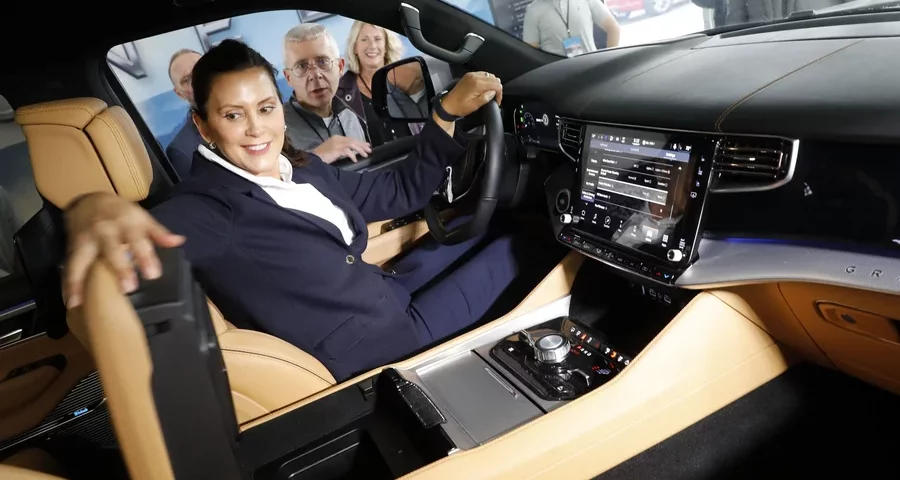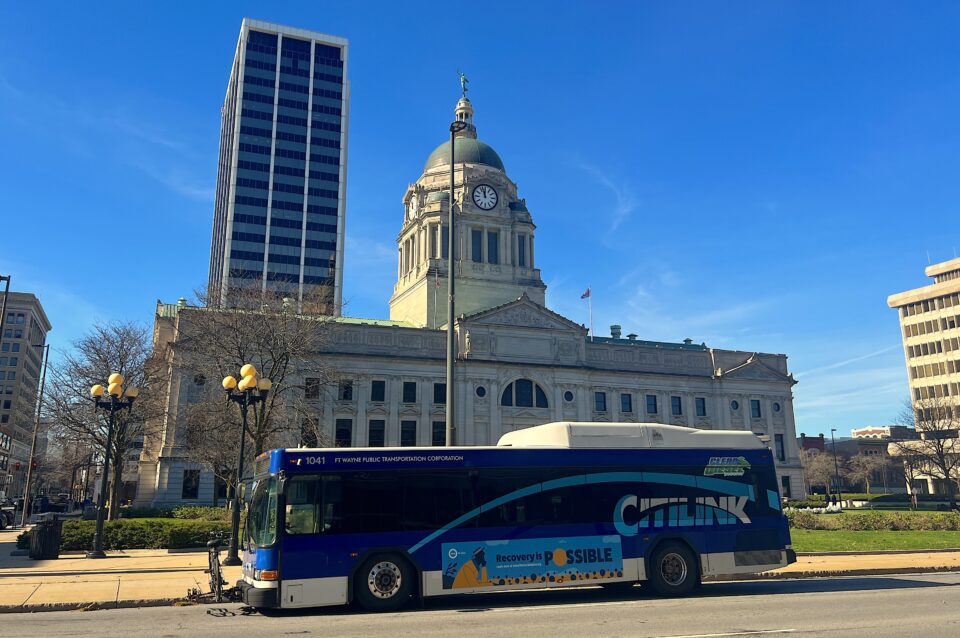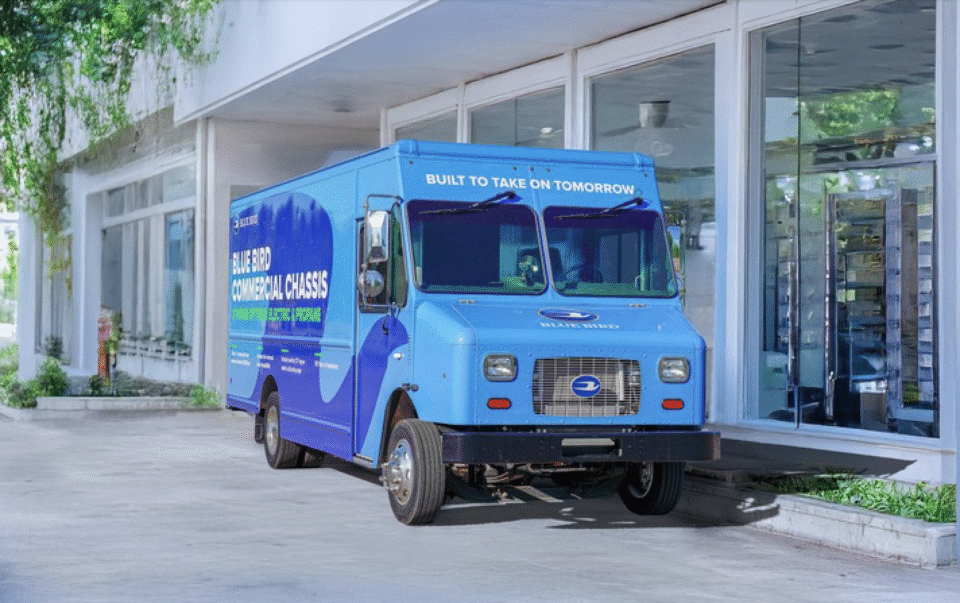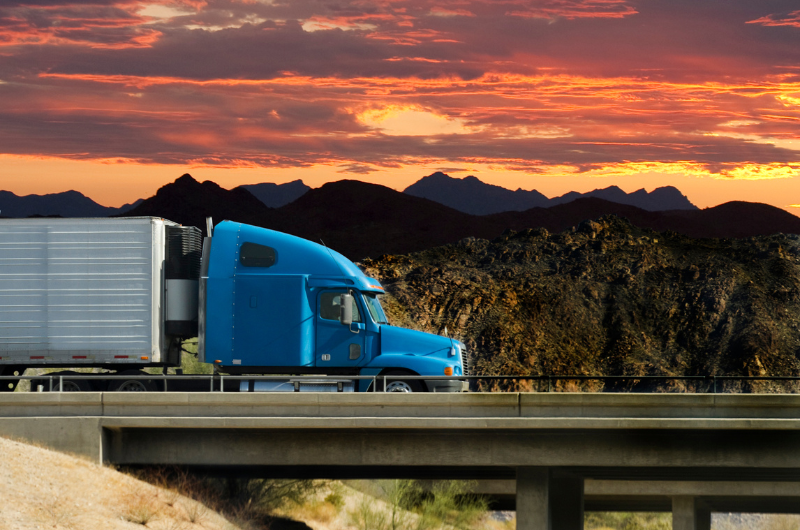5 Midwestern governors agree to create a network to charge electric vehicles

The governors of Illinois, Indiana, Michigan, Minnesota and Wisconsin are joining forces to build a new network for charging electric vehicles. The bipartisan plan aims to improve the region’s economy while also reducing toxic emissions from cars and trucks.
The new plan is called REV Midwest — the Regional Electric Vehicle Midwest Coalition. In addition to creating jobs and improving public health, its backers say it will help the Midwest compete for both private investment and federal funding.
Along with those broad goals, the plan promises to make it easier to find charging stations, which could boost adoption of electric vehicles if it eases drivers’ concerns about the range of their batteries.
“Today’s REV Midwest partnership is a bipartisan effort to build the future of mobility and electrification and connect our communities,” Michigan Gov. Gretchen Whitmer said. “Our partnership will enable the Midwest to lead on electric vehicle adoption, reduce carbon emissions, spur innovation, and create good-paying jobs.”
Indiana Gov. Eric Holcomb emphasized transportation’s vital role in the U.S. economy, saying that new electric charging infrastructure is “needed to futureproof our transportation network and meet the demand as rapid adoption of electric vehicles continues.”
All five governors have now signed the REV Midwest agreement, which lays out several areas in which the states will coordinate their electrification efforts.
Part of the plan calls for the states to speed up the creation of a network that supports medium- and heavy-duty electric vehicles and to coordinate their efforts so drivers will face similar regulations and charging operations across the region.
The governors also want the Midwest to capture a larger share of electric vehicle production. And their plan mentions equity a number of times — both in terms of spreading economic opportunity and making charging stations and other infrastructure widely available.
Under the agreement, the five states promise to “work together to enable an equitable transition to electric vehicles for all with specific consideration for communities that are historically disadvantaged.”
Some of those communities, a news release about the plan notes, are located near main highways or freight and shipping facilities — areas whose emissions and other negative impacts could be reduced by the switch to electric power.




